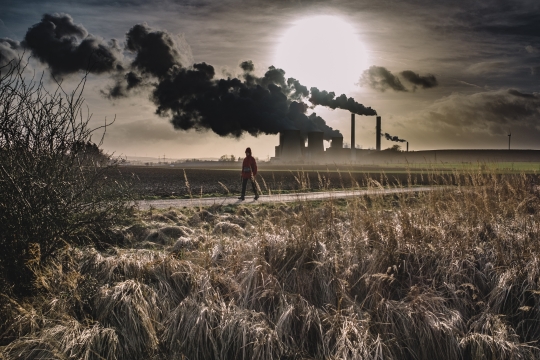
This is my first summer not at camp. For the last twelve years, I have packed my bags, worn my Tevas and headed up to URJ Camp Newman. This summer, I packed my bags, wore professional-looking flats, and hopped on a plane to Washington D.C. to participate in the Religious Action Center’s Machon Kaplan summer internship program.
To be quite honest, the idea of a summer away from camp was terrifying and yet also comforting. How can two conflicting emotions coexist? I am terrified that I might never again belong to a community like the one I had at camp, that I might never feel the pure joy that I felt at camp, or that I might never fall in love with a place, a group of friends, a person, an atmosphere, or a community like I did at camp. I might never experience the small problems that make one feel like the world is ending, like when three different campers need to go to the infirmary, my co-counselor is taking a day off, and I need to run cabin time all at the same time. The security and comfort of camp is something I miss dearly and fear I will not find again. Yet, being away from camp can also be comforting. It is comforting to know that there is a world outside of 4088 Porter Creek Road (or outside of the camp community at Camp Newman by the Bay 2018). It is comforting to know that I have acquired the skills I need to survive somewhere totally different.
Although camp did not teach me how to dress in business causal or how to navigate the DC Metro system, camp has prepared me for my DC internship in so many different ways. 9-5 work days are exhausting, but after surviving 20-hour days at camp, I’m ready for anything. At camp, I learned how to navigate relationships with my many coworkers and supervisors, something I have to do in my internship as well. My role as a camp counselor has adequately prepared me to enter the working world with enthusiasm, passion, and determination to succeed.
My decision to study abroad in the fall ultimately was the deciding factor in not returning to camp this summer; therefore I needed to seek other alternatives that fit the calendar. I did not want to jump straight into the working world and was hoping to find a bridge between camp and the professional world. The Machon Kaplan program effectively and successfully connected this divide for me. Most interns in the Machon Kaplan program live in George Washington University’s campus in groups of three or four, similar to the cabin life at camp. In addition, one and a half days of the week, we participate in Jewish learning with text study, advocacy work, and focus on important Jewish issues. We participate in other social and educational events; and our week culminates, as every week at camp does, in Shabbat services. On Friday nights, we gather as a community and celebrate Shabbat with song, prayer and a communal dinner.
Although I miss my camp community dearly, I am thankful for the resources and guidance my previous counselors, directors and campers have given me to approach this new chapter in my life. The day you decide to stop your tradition of attending camp every summer is a difficult one. All campers, counselors, and even directors will reach this milestone eventually. Reaching this day means opening up a new chapter in your life. It will be scary at first. My friends and I are still trying to figure out how to feed ourselves, how to dress professionally, how to take care of ourselves and ultimately how to “adult.” But together, we are figuring it out. I am so lucky to be part of this new community and to know that the things I learn this summer will prepare me for the following chapter in my life, wherever it might take me.
Rachel Dovek is a 2018 Machon Kaplan participant and an intern at the Religious Coalition for Reproductive Choice. Rachel is originally from San Jose, California where she is a member of Congregation Shir Hadash in Los Gatos. Rachel is a rising junior at Brandeis University in Waltham, Massachusetts. She was an active member in NFTY Central West Region in high school and has attended URJ Camp Newman for the last twelve summers.
Machon Kaplan is an internship program for undergraduate students interested in Judaism and social justice. Based in Washington, D.C., it provides students with a meaningful social justice internship, the opportunity to engage in study related to their internships and and making change more broadly, as well as an open reflective community with whom to share their experience. Students learn, through study and action, the interrelationship of Judaism and American ideals, as well as how change happens. Learn more.
Related Posts

Learning to Appreciate the Value of Nonpartisanship Through My Summer Internship


